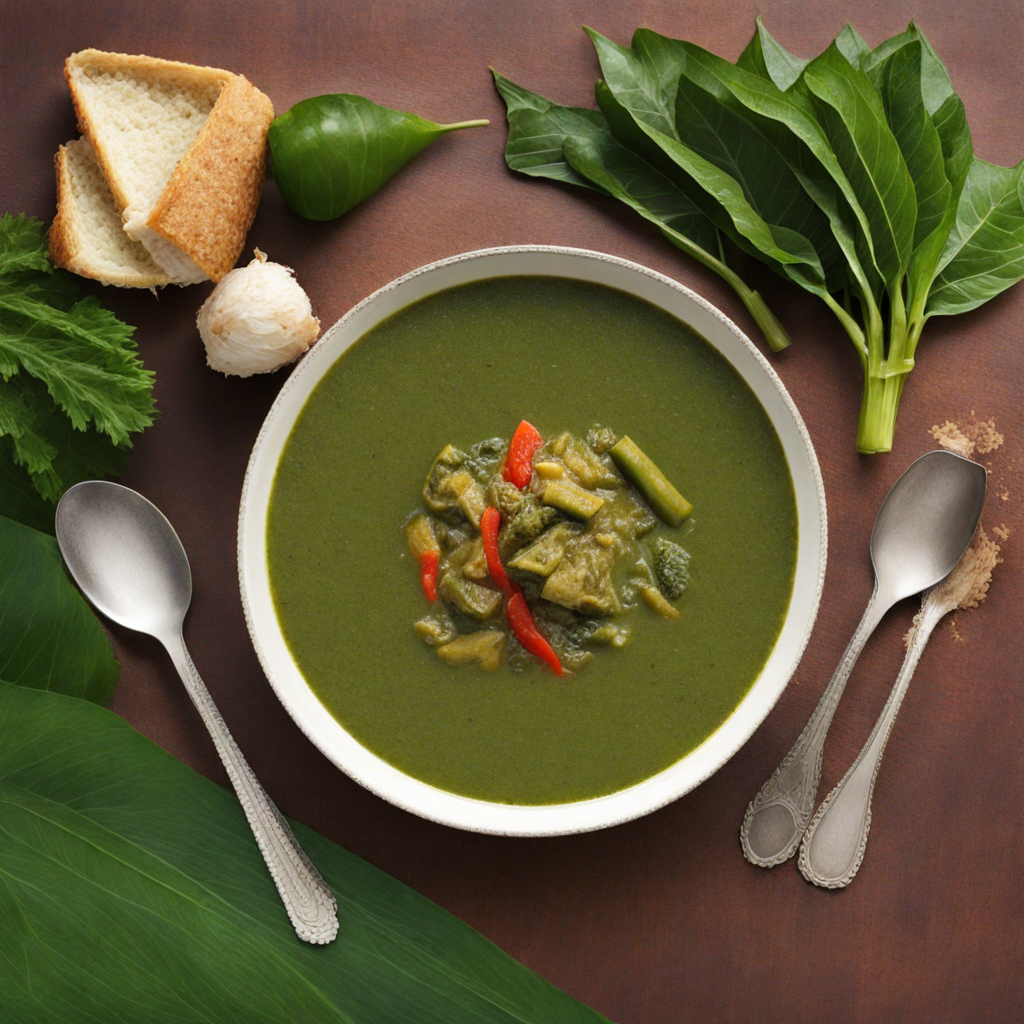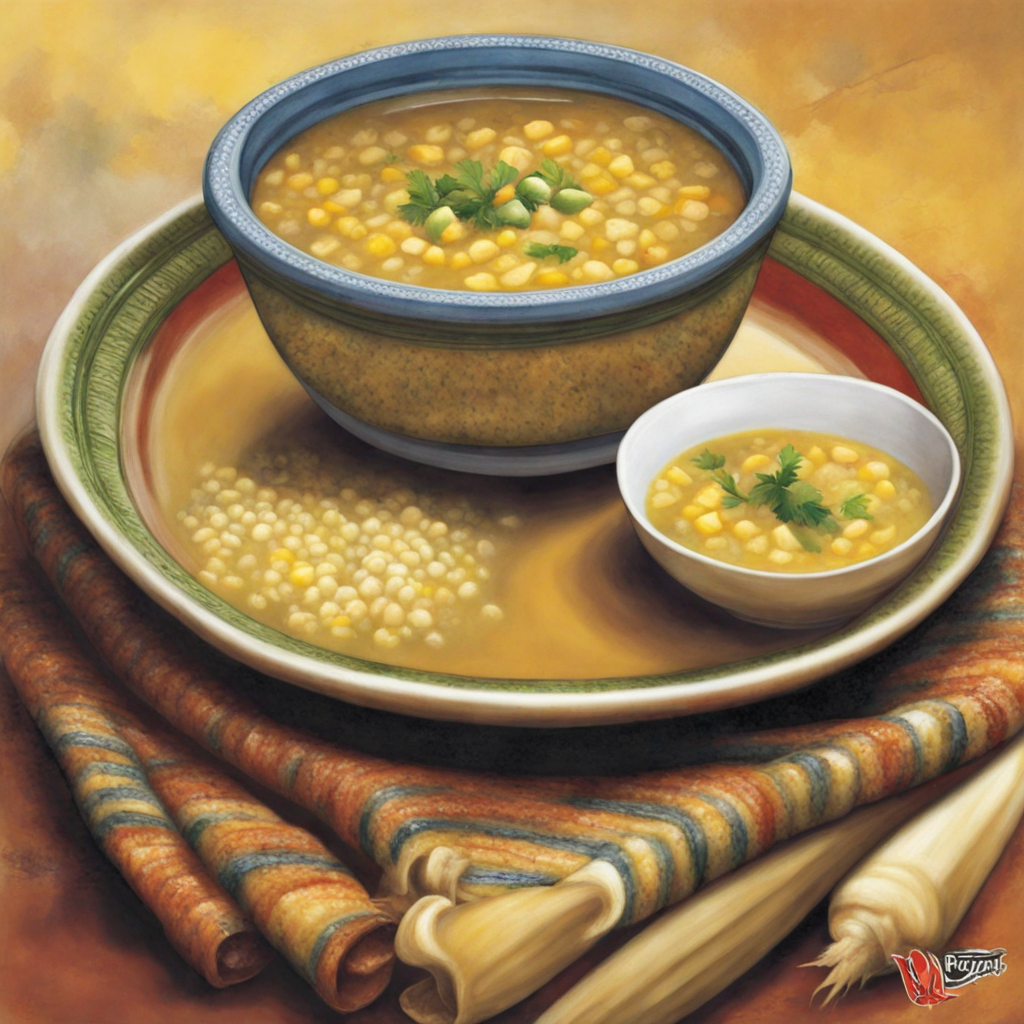Aloo Pie
Aloo Pie is a delightful street food originating from Trinidad and Tobago, showcasing the vibrant culinary influences of the Caribbean. This savory treat consists of a spiced mixture of mashed potatoes, often combined with ingredients like onions, garlic, and various seasonings. The filling is encased in a light, flaky pastry shell that is deep-fried to golden perfection, making it crispy on the outside while remaining soft and flavorful on the inside. Each bite offers a wonderful contrast of textures, with the crunch of the exterior giving way to the comforting warmth of the potato filling.
How It Became This Dish
The History of Aloo Pie: A Culinary Jewel of Trinidad and Tobago Aloo Pie, a beloved street food from Trinidad and Tobago, is an exquisite dish that reflects the rich tapestry of the islands’ culinary heritage. This delightful snack, consisting of a spiced potato filling encased in a golden, crispy pastry, embodies the fusion of cultures, the ingenuity of local chefs, and the vibrant spirit of Trinidadian cuisine. To understand Aloo Pie fully, one must journey through its origins, cultural significance, and evolution over time. #### Origins: The Convergence of Cultures The history of Aloo Pie traces back to the diverse cultural influences that have shaped Trinidad and Tobago over centuries. The islands were initially inhabited by the Indigenous peoples, such as the Arawaks and Caribs, who cultivated local crops and utilized them in their traditional diets. Following the arrival of European colonizers in the late 15th century, the introduction of new ingredients and culinary techniques began to transform the local food landscape. The 19th century saw a significant influx of Indian indentured laborers who came to Trinidad after the abolition of slavery. These workers brought with them a wealth of culinary knowledge, spices, and ingredients from the Indian subcontinent. Among the many dishes they introduced, potato-based recipes were particularly influential, as potatoes were already a common staple in both the Indigenous and colonial diets. The name "Aloo" comes from the Hindi word for potato, highlighting the Indian influence on this dish. The combination of spiced potatoes encased in a fried dough is reminiscent of traditional Indian snacks like samosas and aloo parathas, but Aloo Pie has evolved to reflect the unique flavor profiles and cooking methods of Trinidadian cuisine. #### Cultural Significance: More than Just a Snack In Trinidad and Tobago, food is not merely sustenance; it is a vital aspect of cultural identity and social life. Aloo Pie holds a special place in the hearts of many Trinidadians, often enjoyed as a street food snack or served at gatherings and celebrations. It is commonly found at food stalls and market vendors, where it is sold hot and fresh, often paired with a tangy chutney or pepper sauce. Aloo Pie embodies the spirit of communal eating and shared experiences. It is a dish that transcends class and background, bringing people together in the bustling streets of Port of Spain or at local festivals. The act of savoring a warm Aloo Pie while engaging in lively conversation captures the essence of Trinidadian hospitality and warmth. Moreover, Aloo Pie is emblematic of the cultural syncretism that characterizes Trinidad and Tobago. The blending of Indian, African, and European culinary traditions has birthed a unique gastronomic identity, and Aloo Pie stands as a testament to this harmonious coexistence. It is a dish that not only nourishes the body but also nourishes the soul, evoking nostalgia and a sense of belonging among those who indulge in it. #### Development Over Time: A Culinary Evolution As Trinidadian society evolved, so too did the Aloo Pie. Initially, the filling consisted primarily of mashed potatoes seasoned with local spices such as cumin, turmeric, and coriander. However, over time, the recipe has diversified, with variations emerging that incorporate other ingredients. Today, it is not uncommon to find Aloo Pies that include additional fillings such as chickpeas, spices, and even meats such as chicken or beef. Vegetarian versions abound, allowing for a broader appeal to those who prefer plant-based options. The dough itself has also seen variations, with some vendors opting for whole wheat or gluten-free alternatives, reflecting the growing trend toward healthier eating. In recent years, Aloo Pie has gained recognition beyond the borders of Trinidad and Tobago, becoming a staple in Caribbean restaurants and food festivals worldwide. Chefs and food enthusiasts have embraced this dish, reinterpreting it through modern culinary techniques while preserving its traditional essence. Gourmet versions have emerged, featuring innovative toppings, artisanal sauces, and even fusion flavors that showcase the creativity of contemporary Trinidadian cuisine. The rise of social media has also played a crucial role in popularizing Aloo Pie. Food bloggers and influencers have taken to platforms like Instagram and TikTok to share their culinary adventures, showcasing the vibrant colors, textures, and flavors of Trinidadian street food. This newfound visibility has attracted international attention, leading to a growing interest in Trinidadian cuisine as a whole. #### Conclusion: A Delicious Legacy Aloo Pie is more than just a delicious snack; it is a reflection of Trinidad and Tobago’s rich cultural heritage, a symbol of unity, and a testament to the resilience and creativity of its people. From its humble beginnings as a simple potato-filled pastry to its current status as a culinary icon, Aloo Pie encapsulates the essence of Trinidadian life. As we savor the flavors of Aloo Pie, we are reminded of the intricate history that has shaped it—a history marked by the blending of cultures, the celebration of community, and the enduring legacy of food as a means of connection. In every bite of Aloo Pie, one can taste the stories, traditions, and shared experiences that have been passed down through generations, making it a true culinary treasure of the Caribbean. Whether enjoyed on a busy street corner or served at a family gathering, Aloo Pie continues to bring joy and satisfaction to those who indulge in its comforting embrace, ensuring that this delectable dish will remain an integral part of Trinidad and Tobago’s culinary narrative for years to come.
You may like
Discover local flavors from Trinidad And Tobago







